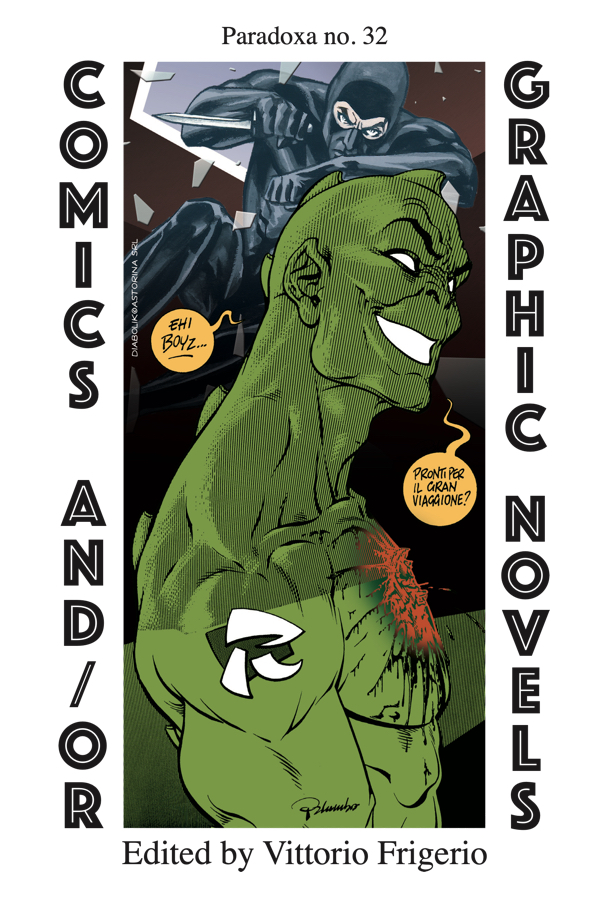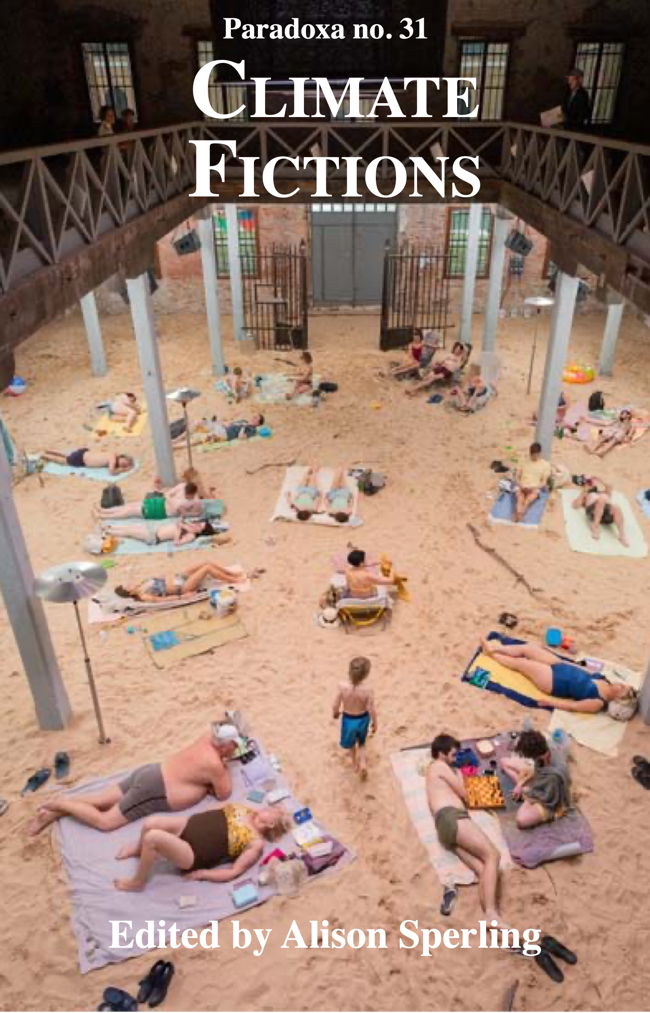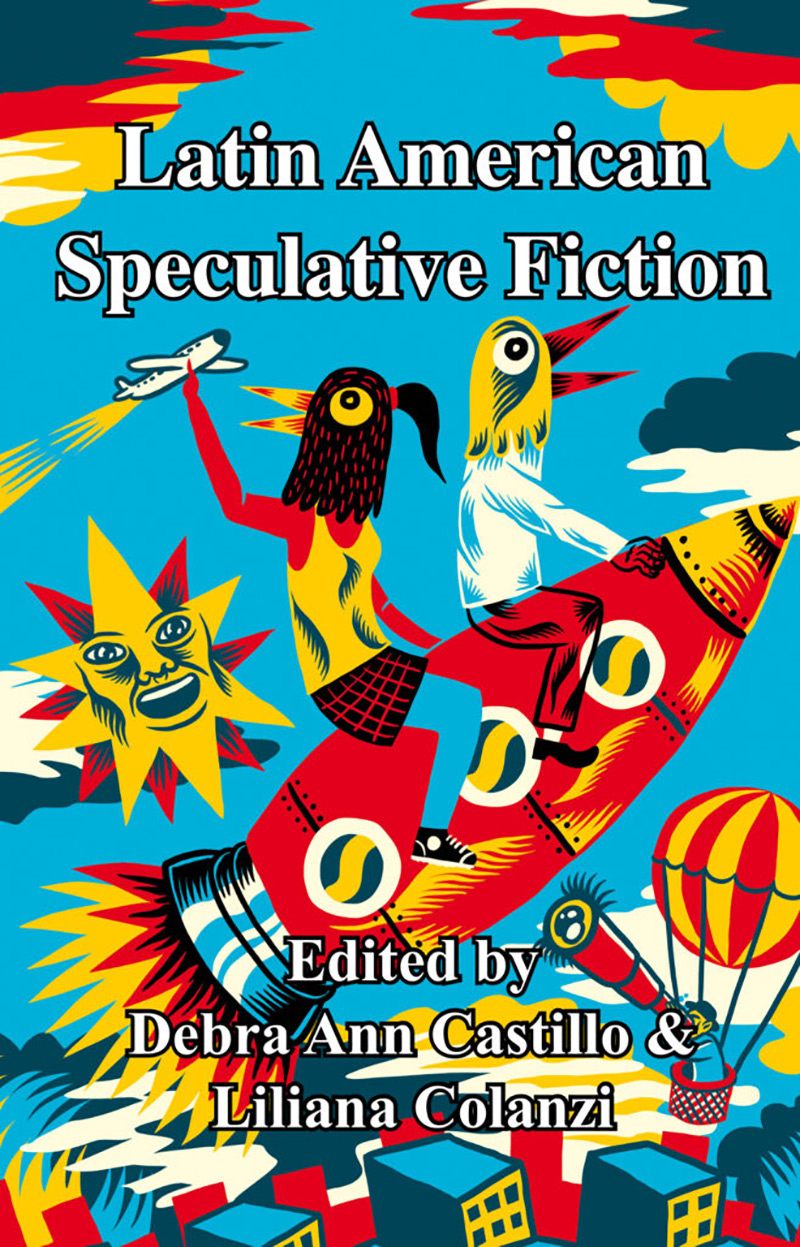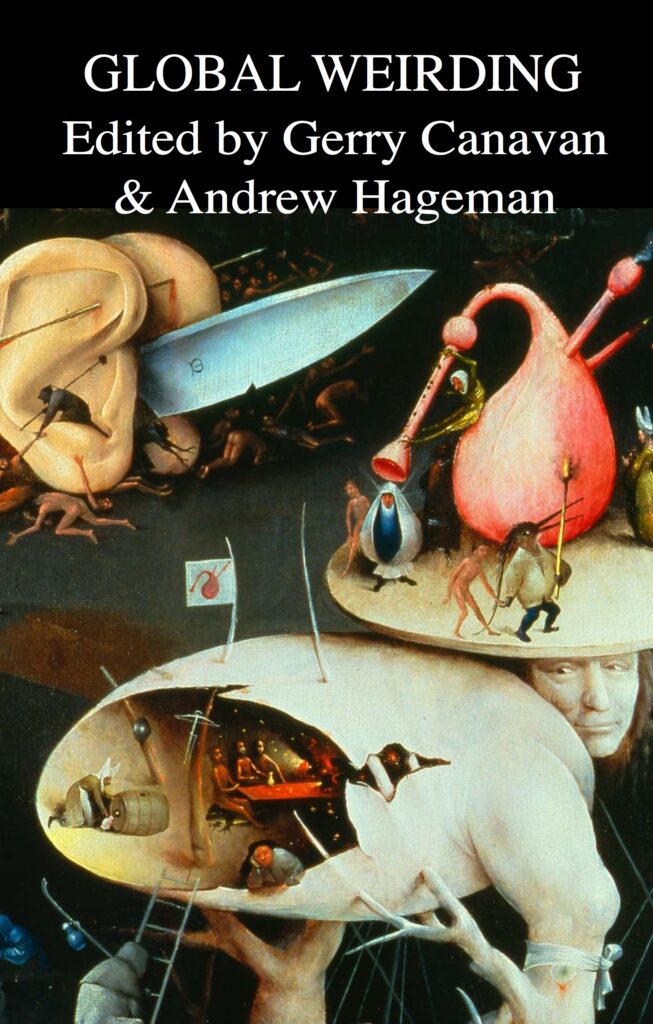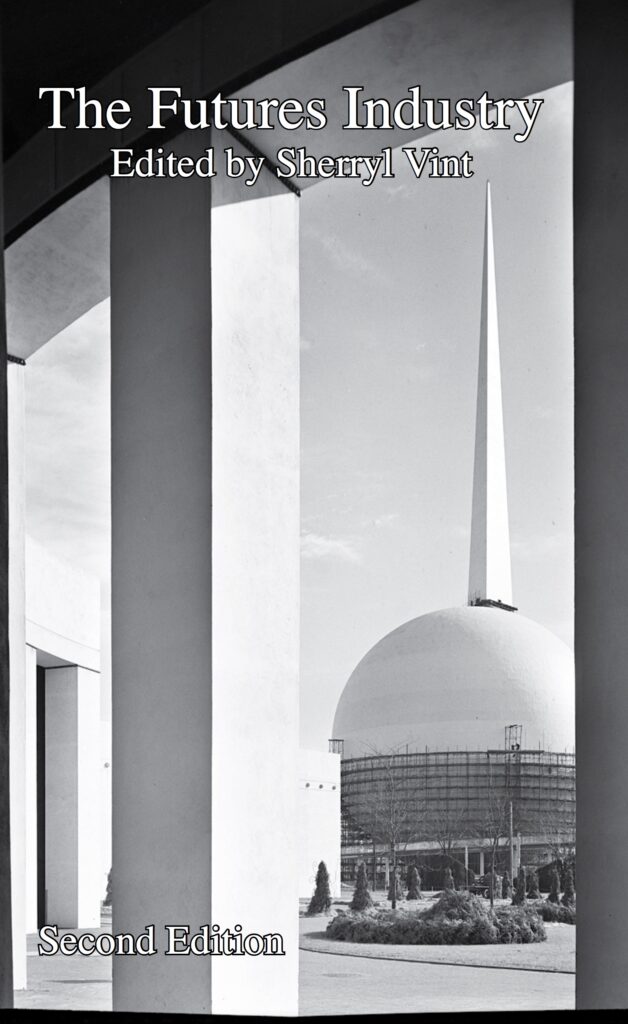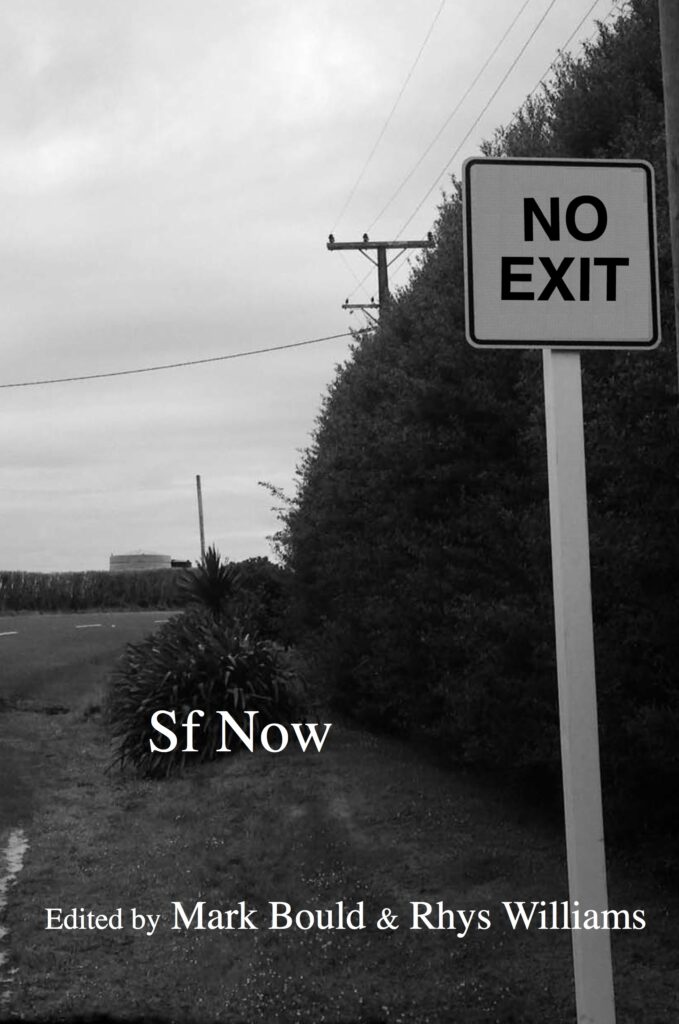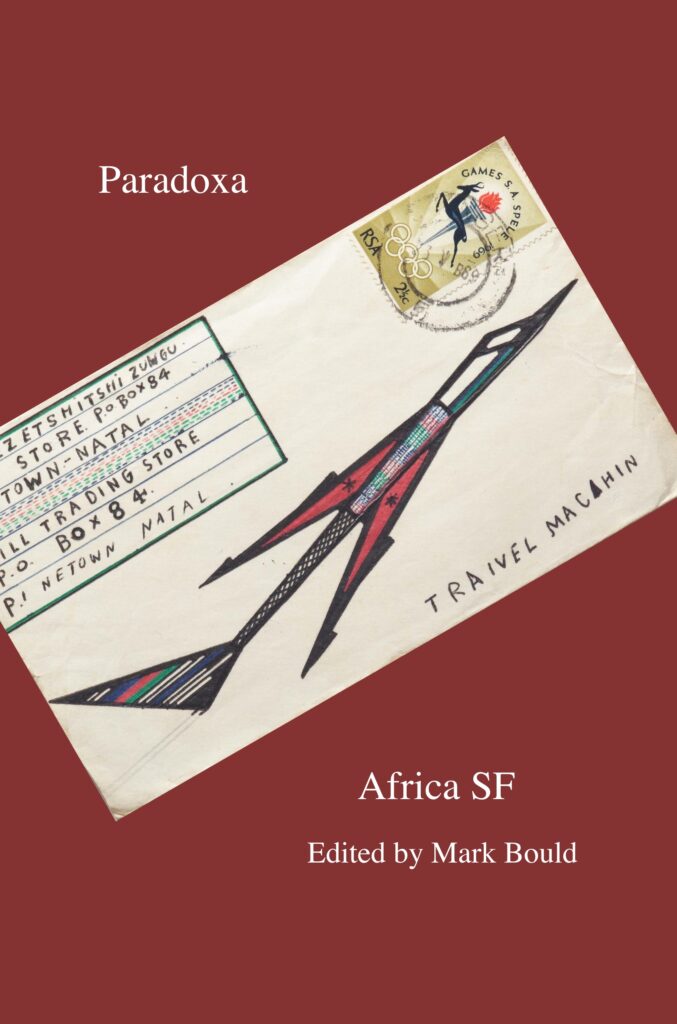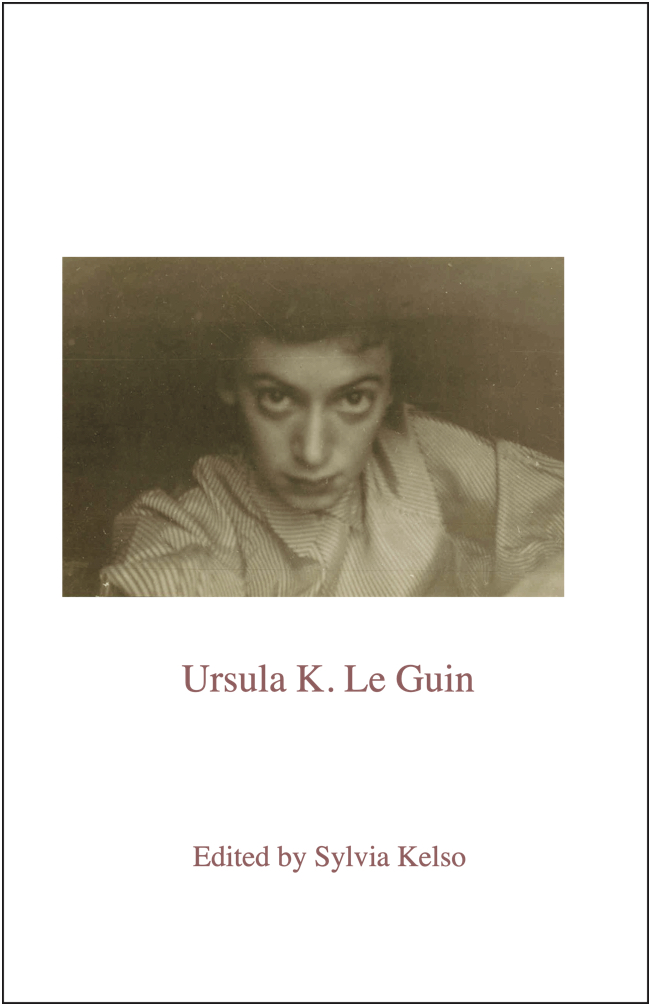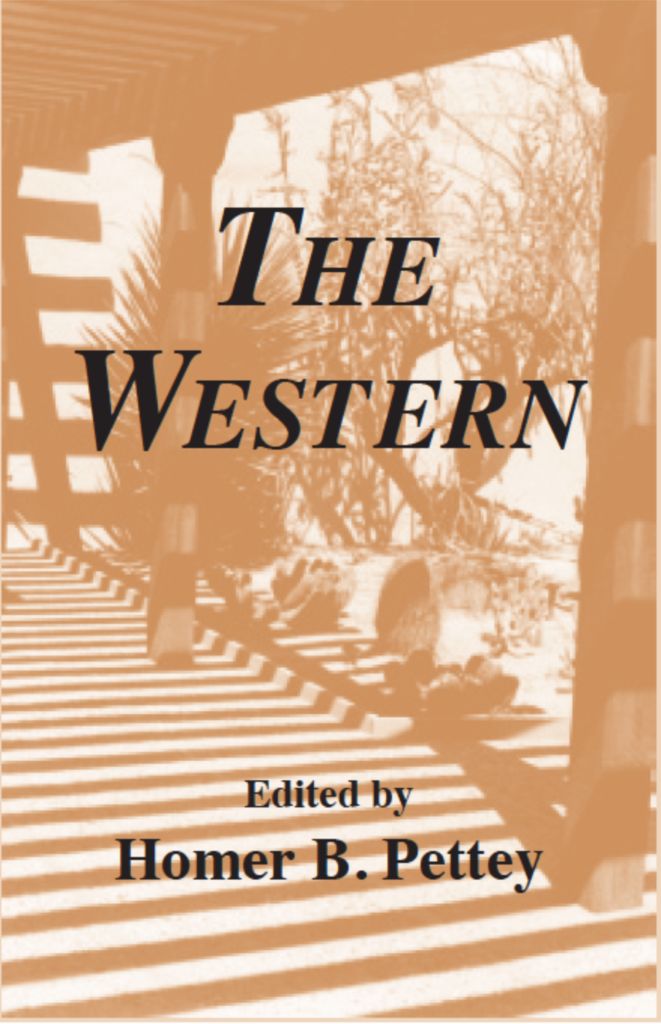Allan Rae
The University of Stirling
“A Submergent Imaginary: The Radical Ecology of J. G. Ballard’s The Drowned World”
Abstract:
This article examines J. G. Ballard’s The Drowned World (1962), focussing on its imagination of watery submergence as a vehicle for interrogating problematic boundaries of subject and ecology. The article argues that the text encodes the figure of submergence as both a manifest, representable narrative experience, and as a kind of latent structural logic which explains the entanglement of human and nonhuman at a material level. This reading builds upon recent work on the novel, and more generally of Ballard’s oeuvre, which figures it as proto-cli-fi, suggesting that it is a text which both predicts and responds to questions of human finitude and ecological imbrication raised by the Anthropocene era. The article engages with the philosophy of Timothy Morton to show how the novel places stable notions of anthropocentric mastery of environment under question, and analyses the aesthetic strategies employed by Ballard in order to do so, suggesting that he depicts ambiguous bodily and ecological limits and disturbing presences in ways which accord to the modes of “weird”, “eerie”, and the “uncanny” as defined by Mark Fisher. Ballard’s submergent imaginary describes an active ecological space which repeatedly revokes anthropocentric frameworks of comprehension and thus engages with problems of spatial and temporal scale in a manner which has been thus far radically under-theorised.

